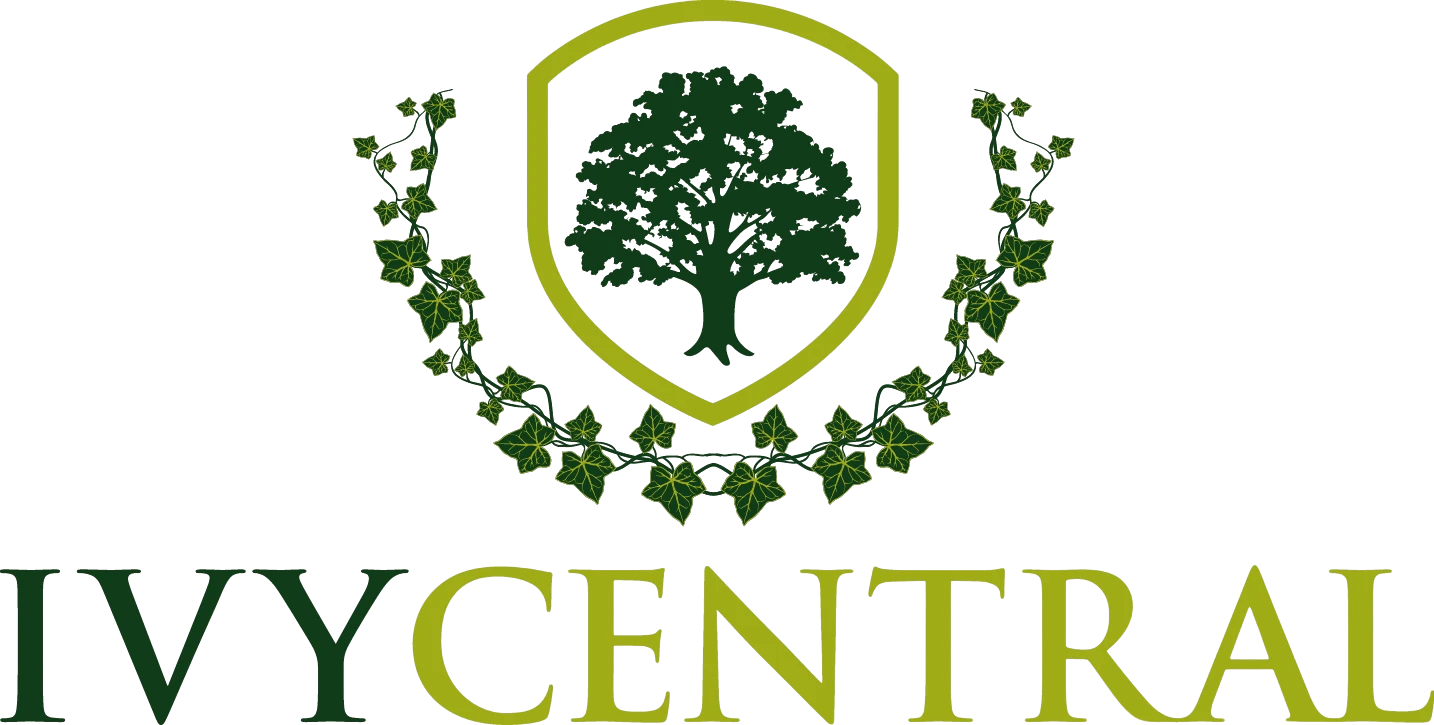Value of a Humanities Education
For centuries, scholars have been threatening the downfall of the humanities. James Hankins, a professor of History at Harvard University, argues that a systemic “dehumanizing” of the humanities in favor of science education, promoted through the imperial agenda as the reason behind Britain’s colonial prowess, contributed to their marginalized position in the twentieth century. However, since the COVID-19 pandemic, the humanities have been experiencing a resurgence. Students want to “return to the life of the mind” and need good mentors to guide them.
Humanities majors get a bad rep.
“History? What will you do with a degree in that?” many well-intentioned relatives may ask about family gatherings. The question comes from a place of concern for wanting their children to enjoy a lucrative return on investment after investing in a costly college education. The better question is, “What can’t you do with a Humanities degree?”.
HOW DO WE DEFINE THE HUMANITIES?
In a nutshell: “The humanities study the things humans make” – art, writings, thoughts, religions, government, histories, technologies, and societies – helping us understand who we are, what we do, why, and with what consequences.
The humanities only became a coherent branch of knowledge in the 18th century, with the sciences claiming a distinct of how they study things using the recently formed scientific method. For the sake of differentiation, people began to associate the humanities with qualitative analysis. But this distinction does not hold. Scholars in both the sciences and humanities use quantitative and qualitative methods of analysis.
Academic disciplines often overlap in terms of what they study and how they study; what differentiates them is the questions they ask. Switch on any investigative documentary series (like BBC’s long-running Time watch), and you will find a range of experts – historians, anthropologists, local politicians, art historians, forensics specialists – all contributing to the case in question through their unique insights made apparent in how they inquire into things of application emerging trends.
THE HUMANITIES OFFER OCCUPATIONAL VERSATILITY
What are the kinds of skills humanities majors are equipped with? Skills frequently overlap across disciplines, but the humanities lend more generously to the following.
INFORMATION AND MEDIA LITERACY SKILLS
A recent article in the Stanford Report showed that more than 96 percent of high school students failed to pass tests on source credibility. Their recommendation? More investment in education is needed for both curriculum material and teacher professional development. With the rise of Open-AI, these skills are increasingly coveted and valued in a world flooded with misinformation and fake news.
CRITICAL-THINKING SKILLS
How does one think critically? This is an overused catchphrase that has lost meaning with repeated overuse. For the sake of this post, let us understand critical thinking within the humanities as the following:
- Evaluation of sources and arguments
- Consideration of ideas from multiple perspectives
- Develop opposing arguments
To think critically is to weigh one’s strengths against one’s weaknesses; it is to pick apart the claims that surround us daily. To excel at critical thinking, one must also nurture a temperament of patience and tolerance, genuine respect, and a desire to listen to others before speaking.
Read More: Questions Guide for Fresh Applicants
It is no surprise then, that many humanities majors go on to pursue degrees in law and journalism.
COMMUNICATION SKILLS
Students of the humanities are encouraged to read. A lot. But they are taught to read in different ways. They are taught to read closely – first, to comprehend what they read and then to connect to concepts and topics outside the text. They are also taught to skim texts to build understanding and gauge whether said text is useful to their research or quest.
Communication within the humanities involves knowing how to take effective research notes and structuring information for different purposes. It involves altering tone and language depending on the nature of the task.
Generative AI language models are not users of language—they lack the intention to communicate. No matter how technocentric the path ahead may seem, there will always be a need for strong communicators and thinkers.
CONCLUSION
Our economic system currently rewards those who find meaning in material pursuit. You will unlikely earn as much as a Business major if you choose to pursue the Humanities. But it is essential to ask yourself what you want to make of yourself and your life. In an ideal world, the point of college and work should not be just to provide the material goods we need to survive. It should also give our lives meaning and fulfill a larger sense of purpose Ivy Central have for ourselves.

